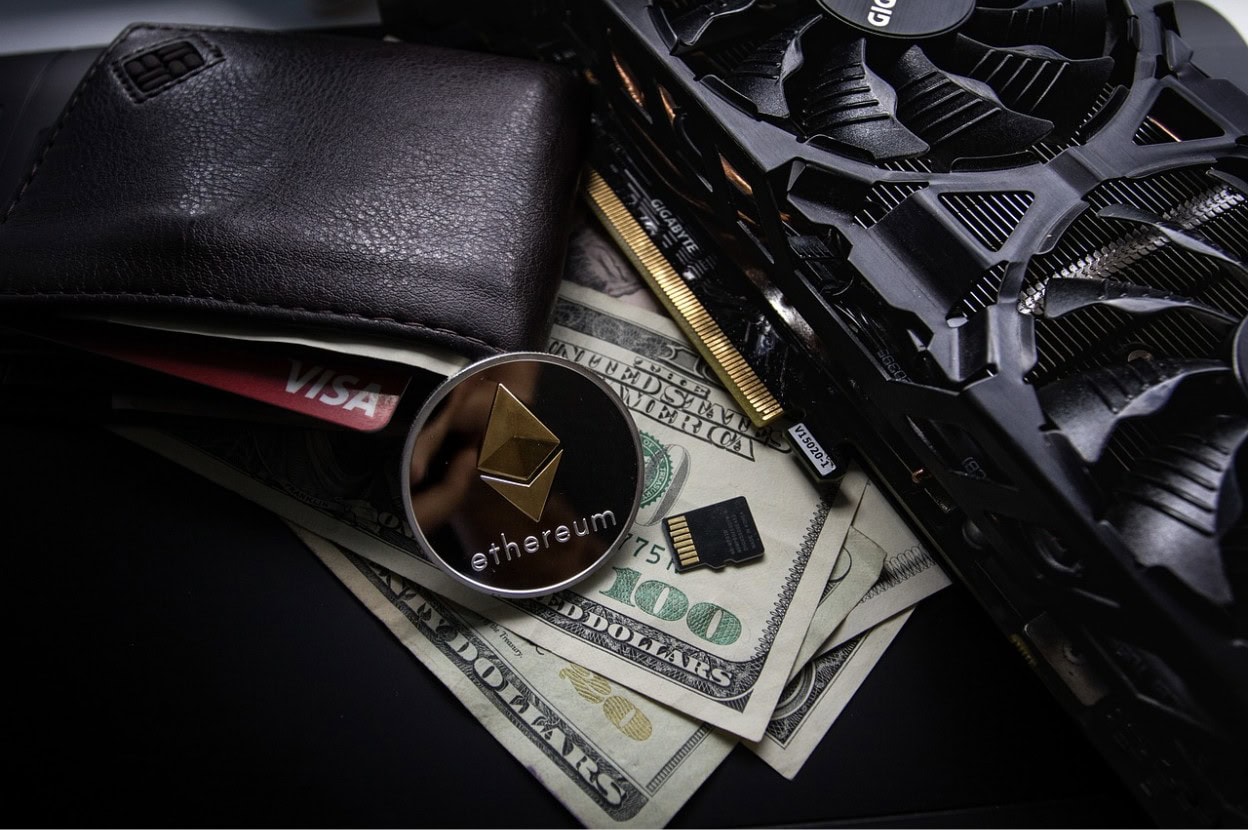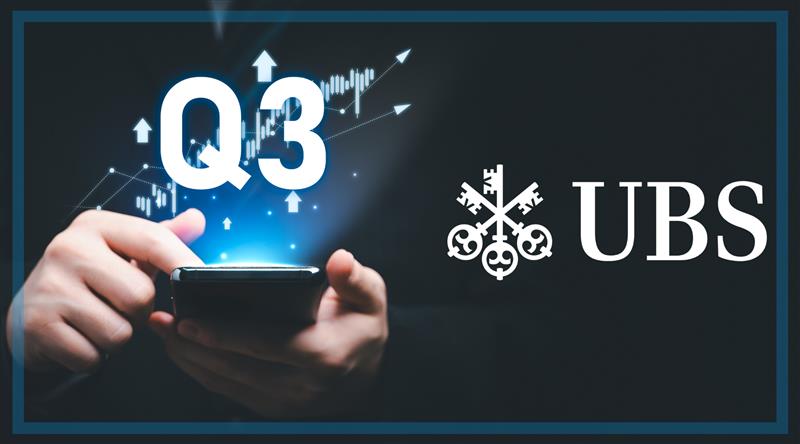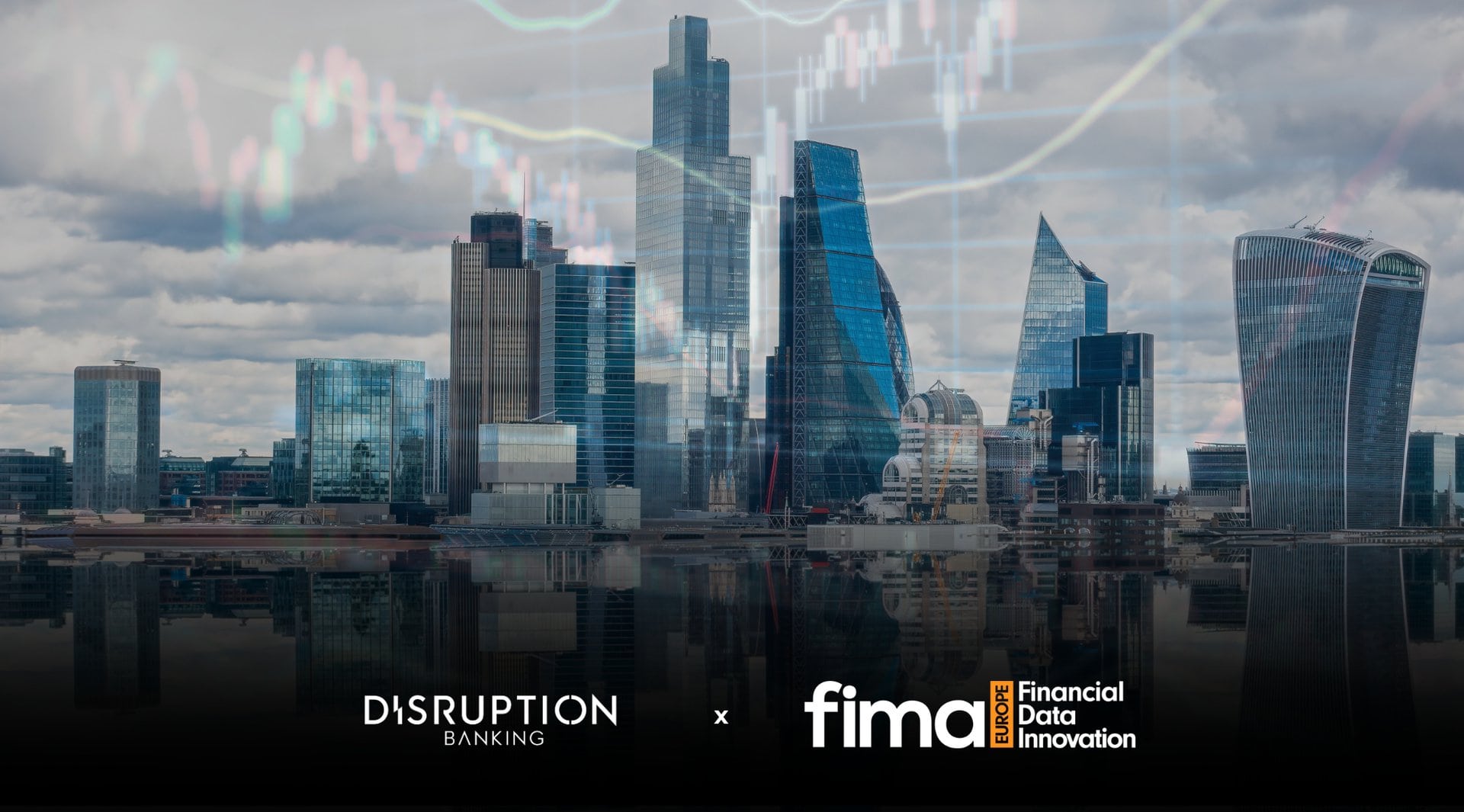Nasdaq, the world’s second-largest exchange by market capitalisation, joins forces with Citi to create an integrated payments solution using a distributed ledger to record and transmit payment instructions
When the Nasdaq (National Association of Securities Dealers Automated Quotations) Stock Market began trading on 8 February 1971, it became the first electronic stock market in the world. Today, Nasdaq is the world’s second-largest exchange by market capitalisation. It delivers technology to more than 90 exchanges across the globe, and in over 50 countries provides technology for at least 100 market infrastructure organisations, from exchanges and clearing houses to central securities depositories and regulators. It works with buy-and-sell-side financial firms, as well as public and private entities.
But it is not stopping there.
As the financial industry wrestles with the transformational effects of new financial technology and networks, Nasdaq has positioned itself among the leaders in introducing blockchain into the operations and market technology it delivers the world over.
The potential benefits are numerous. As well as enabling savings for involved entities by reducing the duplication of processes, blockchain technology reduces settlement time, collateral requirements and operational overheads. It minimises the need to set aside financial resources to use for counterparty risks and delivers higher anti-money-laundering standards.
Streamlining transactions
In 2015, Nasdaq launched its Nasdaq Linq blockchain ledger technology, which completes and records private securities transactions for Chain.com. Last year, it joined forces with Citi to announce an integrated payments solution using a distributed ledger to record and transmit payment instructions. The technology streamlines transactions among parties, overcoming challenges of liquidity in private securities.
For Nasdaq, focus on blockchain means looking at how it can provide marketplaces for digital currencies. Johan Toll, head of Blockchain Product Management with Nasdaq’s market technology business and winner of FinTech Person of the Year from the Financial Technology Forum, told attendees at May’s Bloxpo conference in Stockholm that the exchange is assessing when it can offer safe and robust markets to trade cryptocurrencies in the same way that other assets are traded.
It is also exploring ways in which it can improve markets using blockchain – how it could have more transparency and reduce risk, how it could share information more easily, and what potential it has to disrupt and change business models, particularly in terms of improving and streamlining processes. In part, this is to satiate global hunger for more stable technology that excels at financial surveillance and monitoring.
With hype building around cryptocurrencies, Toll says Nasdaq is receiving requests from crypto-based markets seeking more proven, stable technologies. Such requests form part of a shift from so-called technology validation mode – the stage of successful proof of concepts in financial services – to commercialisation.
Focus on collaboration
Toll says Nasdaq has blockchain teams spread across the globe, all focused on improving deliverable technologies based on blockchain. He stresses the need for collaboration when it comes to delivering blockchain technology. “It’s very important to work with your peers, partners, customers and clients, and see how could we, together, do something better with the help of this technology. It really invites collaboration.”
Nasdaq also works with research institutions to ensure relevant, interesting research is being undertaken in this arena, and invests in partners. “We have a venture arm at Nasdaq which invested in companies that we believe really have the edge of various technologies. This is because we want to understand what the markets will look like tomorrow,” says Toll.
[/vc_column_text][vc_column_text]Nasdaq has positioned itself as a supplier of products and market solutions based on blockchain technology. Last year, it was selected as a provider to NYIAX, an ad exchange that will use the technology to track trades and positions. Nasdaq has also collaborated with SEB, launching a project to create a working prototype for a mutual fund issuance and settlement platform based on blockchain. The project is aimed at increasing the efficiency in the processing of purchases and sales of fund units. Blockchain technology simplifies and streamlines a process that until now has largely been characterised by manual routines that can be time-consuming, inefficient in terms of cost, and open to risks. The exchange has also launched its own framework for settling issues and securities in a blockchain world.
Yet blockchain has its limits. “We primarily see blockchain being really good at keeping track of who owns what and to transfer that ownership. We don’t see blockchain as good at providing the capabilities of advanced marketplaces,” explains Toll.
At its core, blockchain relies on data-sharing. In the Bitcoin blockchain, for example, everyone can see who’s involved in a transaction and the amounts involved, making it fully transparent. But Nasdaq stresses how the level of transparency in a blockchain depends on the use case. Chain, for example, created an environment in which all assets, transactions and account details can be encrypted. It also implemented a system whereby auditors or regulators could access transaction data where necessary through unblinding keys.
This concept of sharing and collaboration is a product of the new sharing economy. Toll says Nasdaq is among seven companies working together to define the initial business scope, the rules and the regulatory framework for blockchain technology in the funds industry. “We believe that if we can agree on a scope for this solution that we are prepared to invest in, we can move into the third phase where we invite the rest of the industry to participate. The aim is that we should gather everybody in the funds industry to work together on this.”
Toll is keen to stress that although blockchain will change markets – some dramatically – it’s not a silver-bullet solution. Yet it also has applications in unexpected areas. For example, blockchain has potential to be used for secure voting, such as required at company AGMs, which opens up avenues for the technology to eventually play a role in political elections, for example.
Nasdaq’s work emphasises the immense scope of blockchain, which may well advance beyond financial markets. To ensure success, hurdles such as scalability, common standards, regulation and legislation must be overcome – bringing us to an endpoint of revolutionised global systems.















